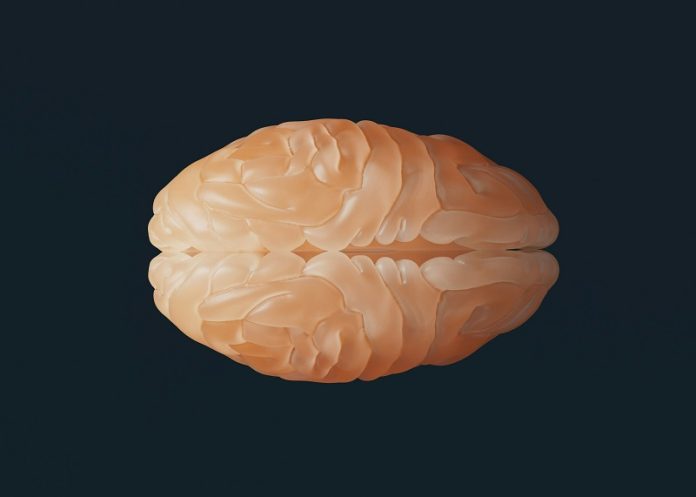
A recent study from Aarhus University has discovered that music can reveal how different areas of the brain are affected by aging.
Interestingly, older adults can remember musical pieces just as well as younger people, but certain parts of their brains must work harder to do so.
The research, published in Communications Biology, combines classical music and brain scans to map how the brain adapts as we age.
In the study, 76 participants had their brains scanned while listening to a piano piece by Johann Sebastian Bach. Before the scan, they had heard the music twice.
The results showed that older adults had more activity in sensory areas of the brain, while memory-related areas were less active compared to younger participants.
“This suggests that the sensory parts of the brain in older people work harder to make up for the reduced response from memory-related regions,” says Associate Professor Leonardo Bonetti from Aarhus University’s Center for Music in the Brain.
He conducted the study with researchers from the University of Oxford. Bonetti also noted that these changes in brain function are not a sign of disease. Instead, they show how the brain adapts to challenges as we age, which can be seen as a positive shift.
The study also explored what happens when participants hear altered versions of the music they had already heard.
Older participants showed less brain activity in the memory regions when they listened to these variations, while younger participants responded more actively. This could explain why older adults sometimes struggle with new changes in their environment.
Bonetti hopes this research will contribute to better understanding memory function and its connection to aging. The team plans to expand the study to include individuals with mild dementia. Their goal is to identify early signs of dementia by studying changes in brain functionality, which could help doctors predict who is at risk of developing the condition.
Why Bach’s music?
The study used music by Johann Sebastian Bach, particularly his Prelude in C Minor. Bonetti explains that Bach’s music is easy to remember because it has a strong structure and clear harmonies, which are often repeated.
This makes it an ideal tool for memory studies. “Music is often easier to remember than numbers or text, and it helps us understand how the brain processes information over time,” Bonetti says.
By using music, the study provides valuable insights into how our brains adapt to aging and how memory is affected in the process.
If you care about brain health ,please read studies about Vitamin B9 deficiency linked to higher dementia risk, and cranberries could help boost memory.
For more information about brain health, please see recent studies about heartburn drugs that could increase risk of dementia, and results showing this MIND diet may protect your cognitive function, prevent dementia.



